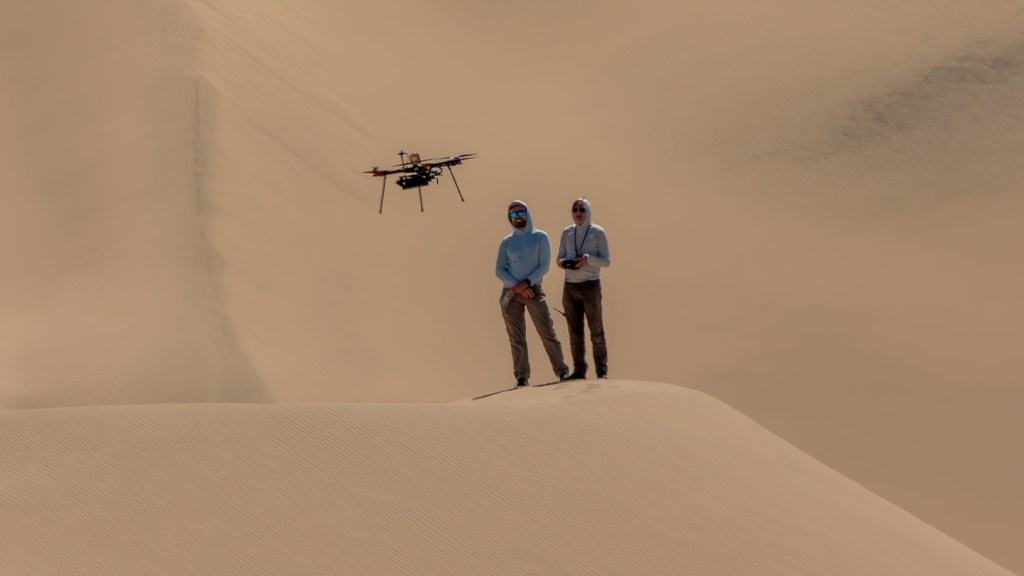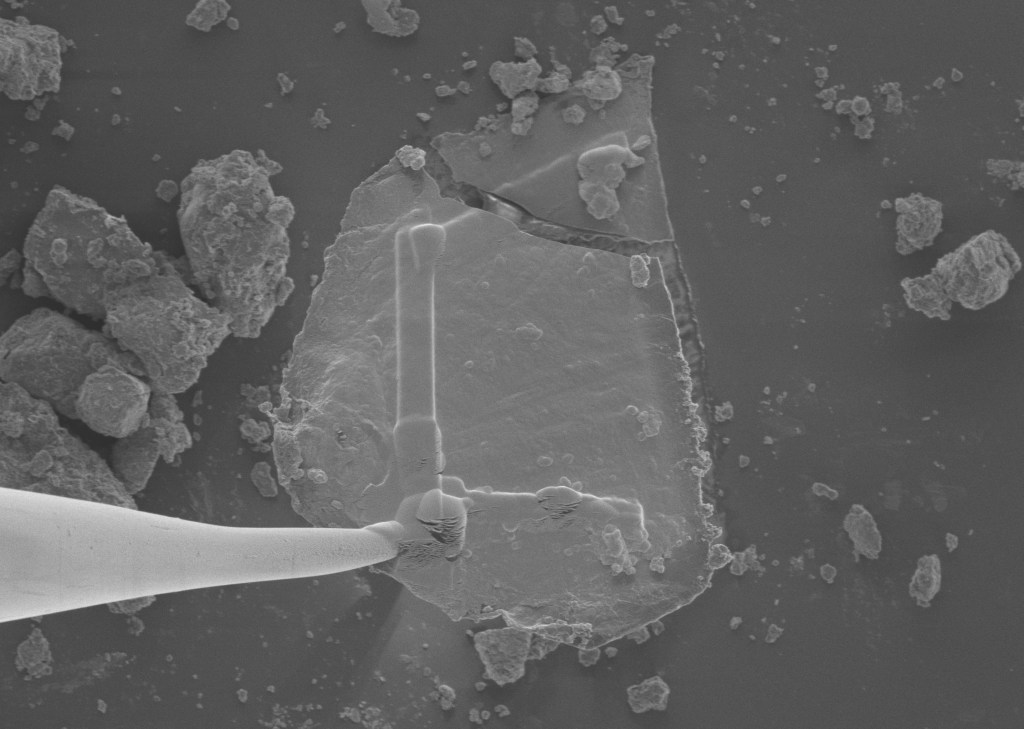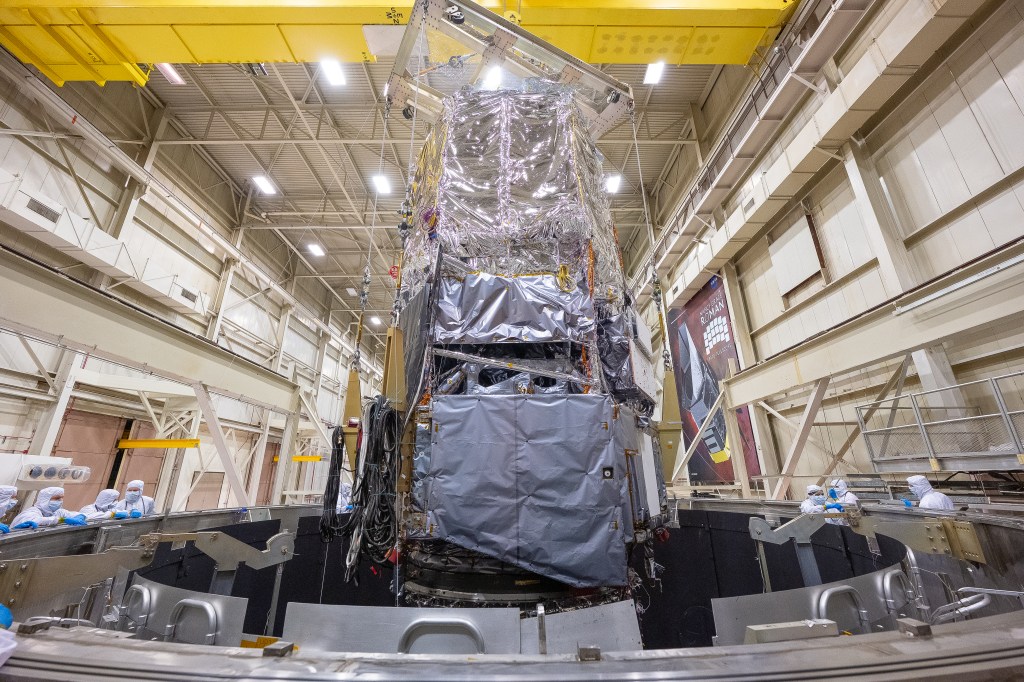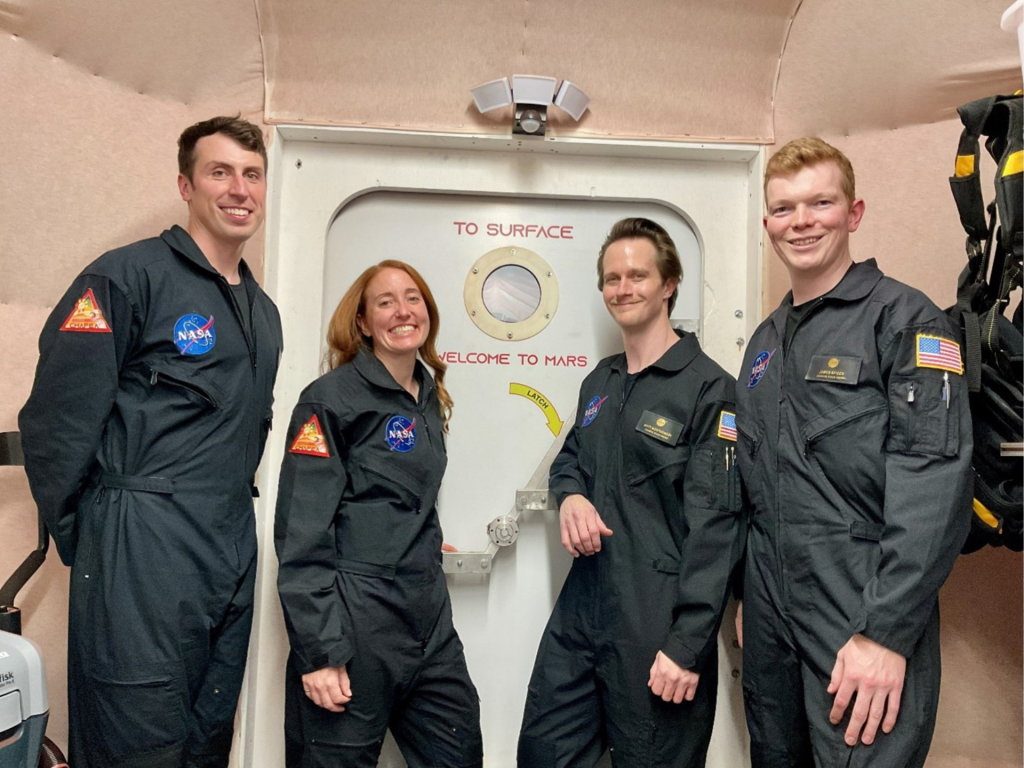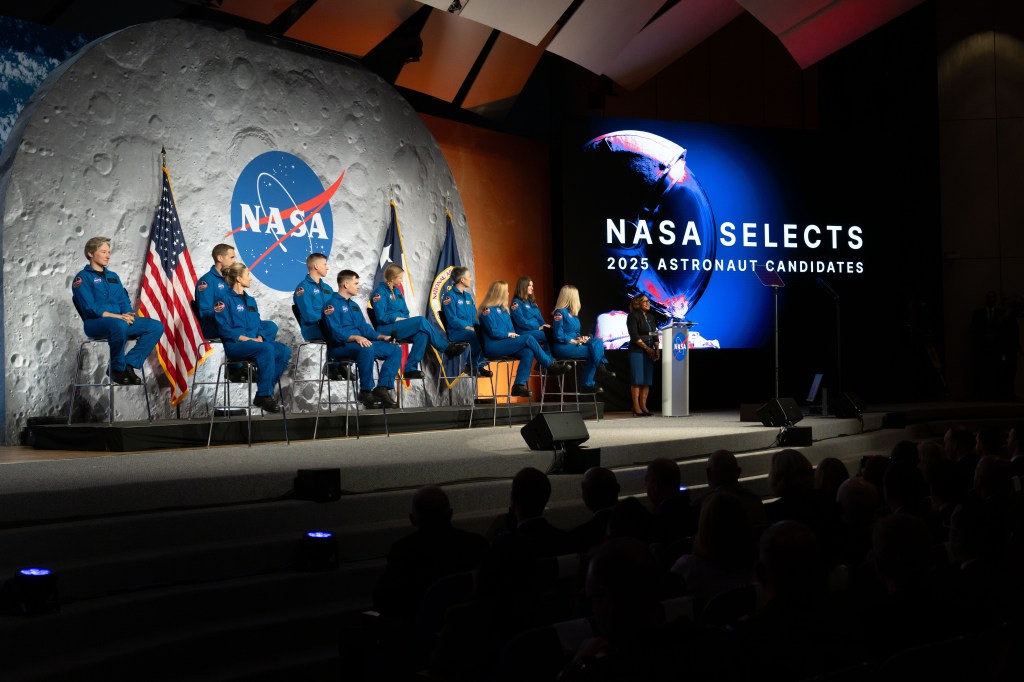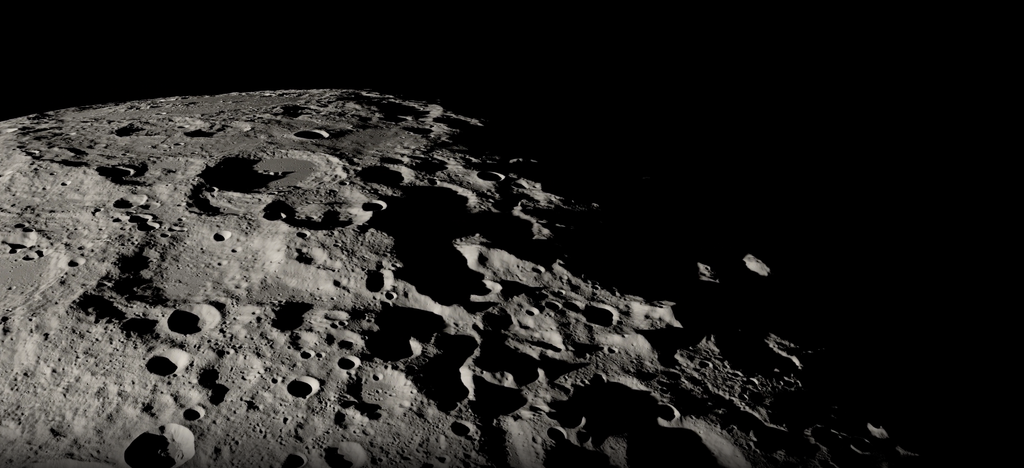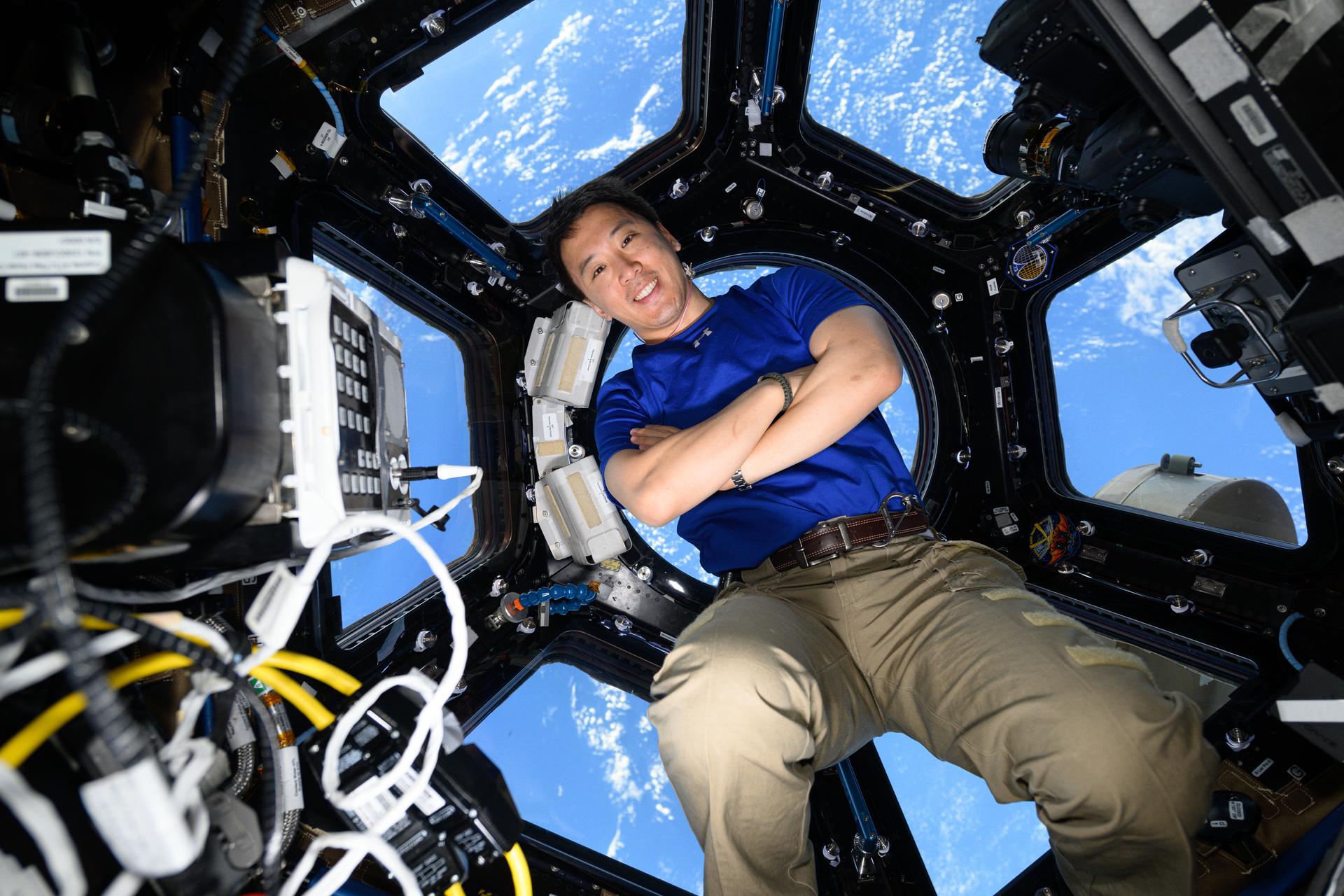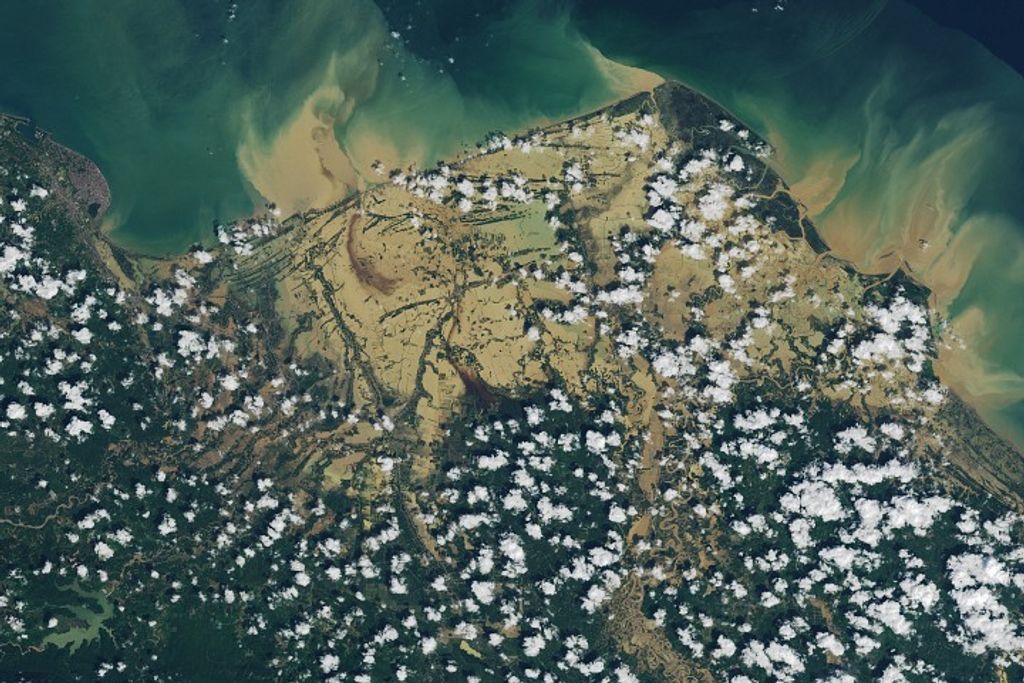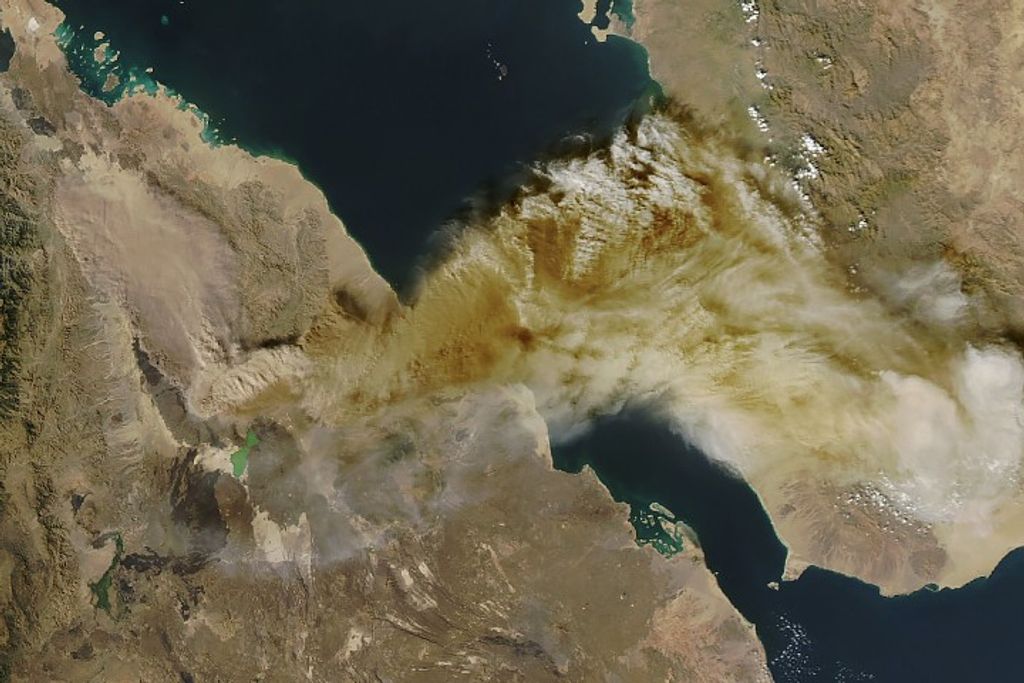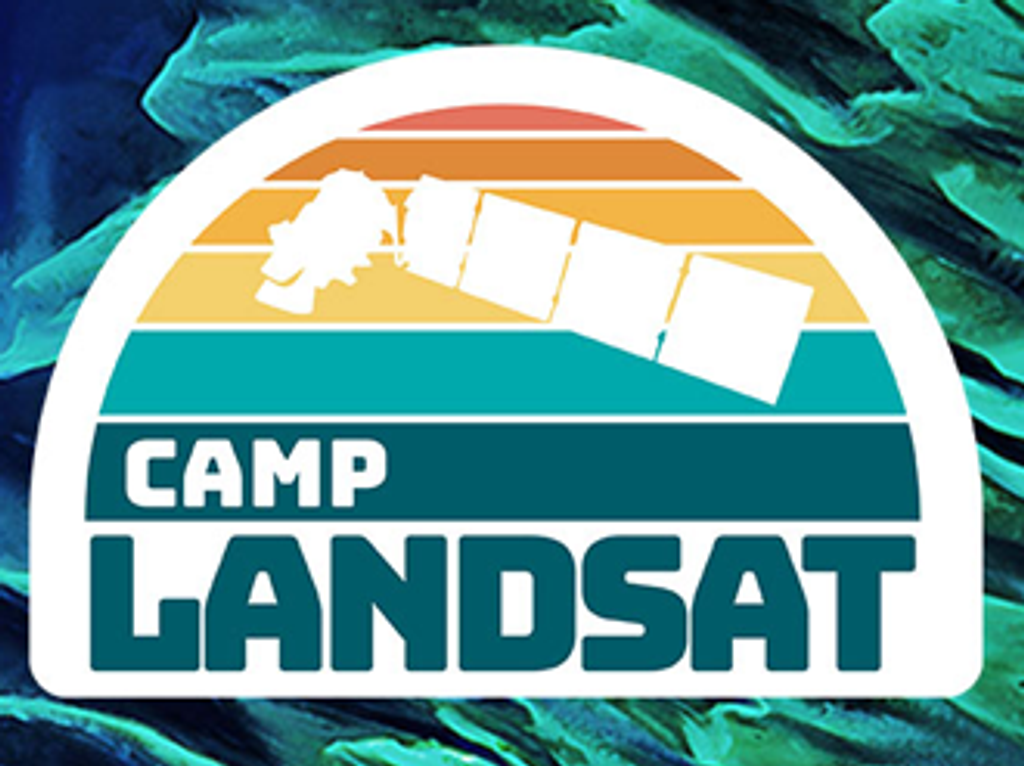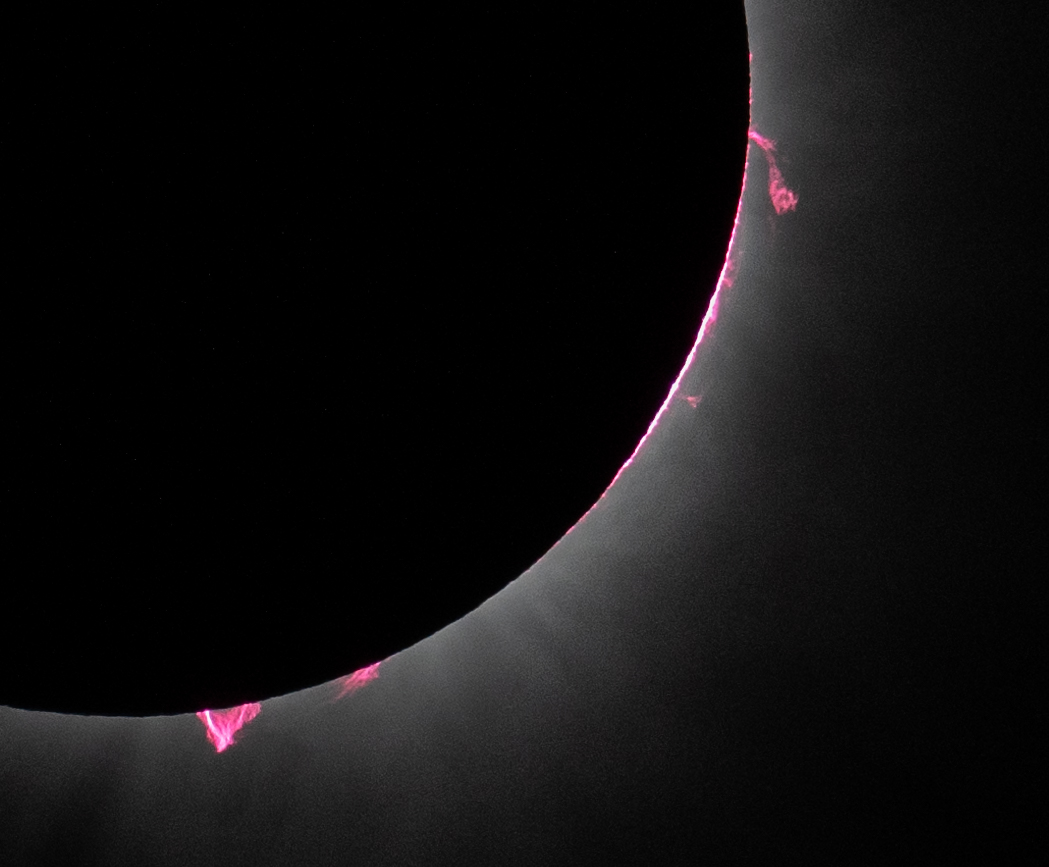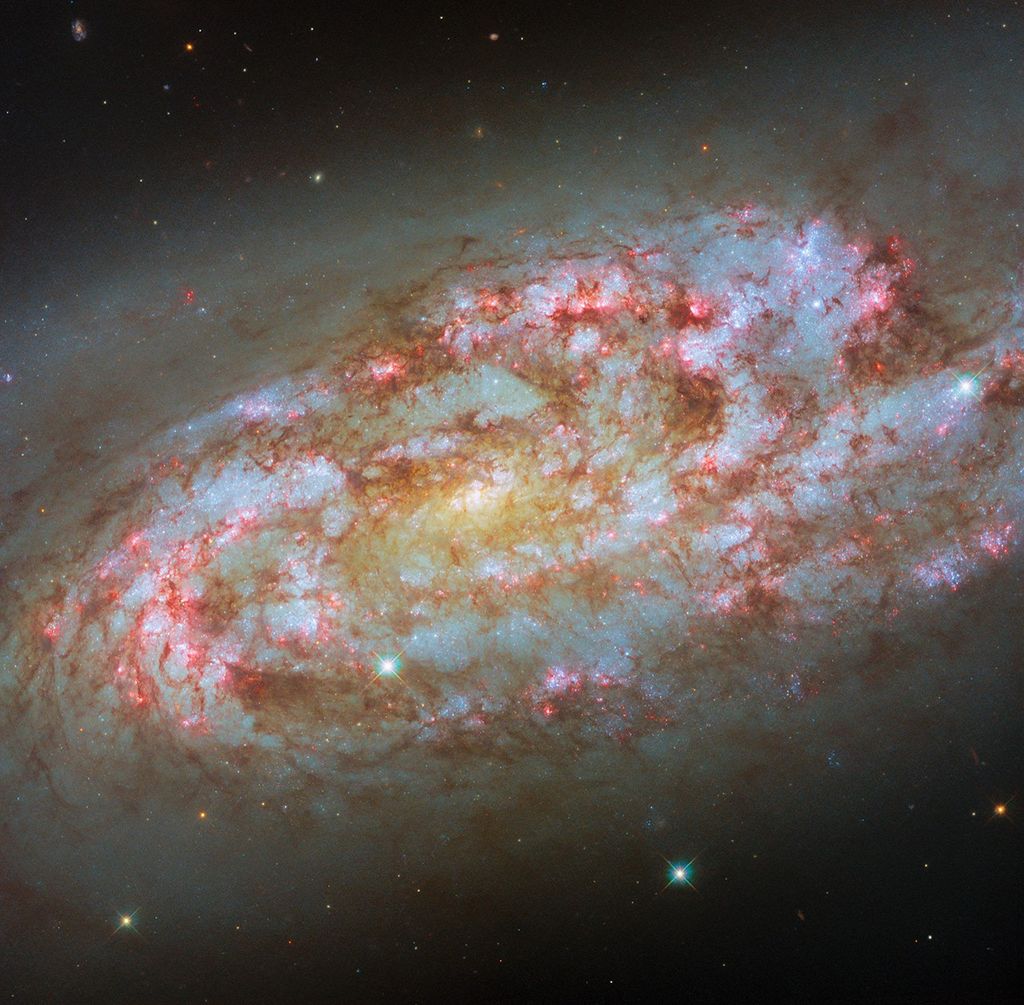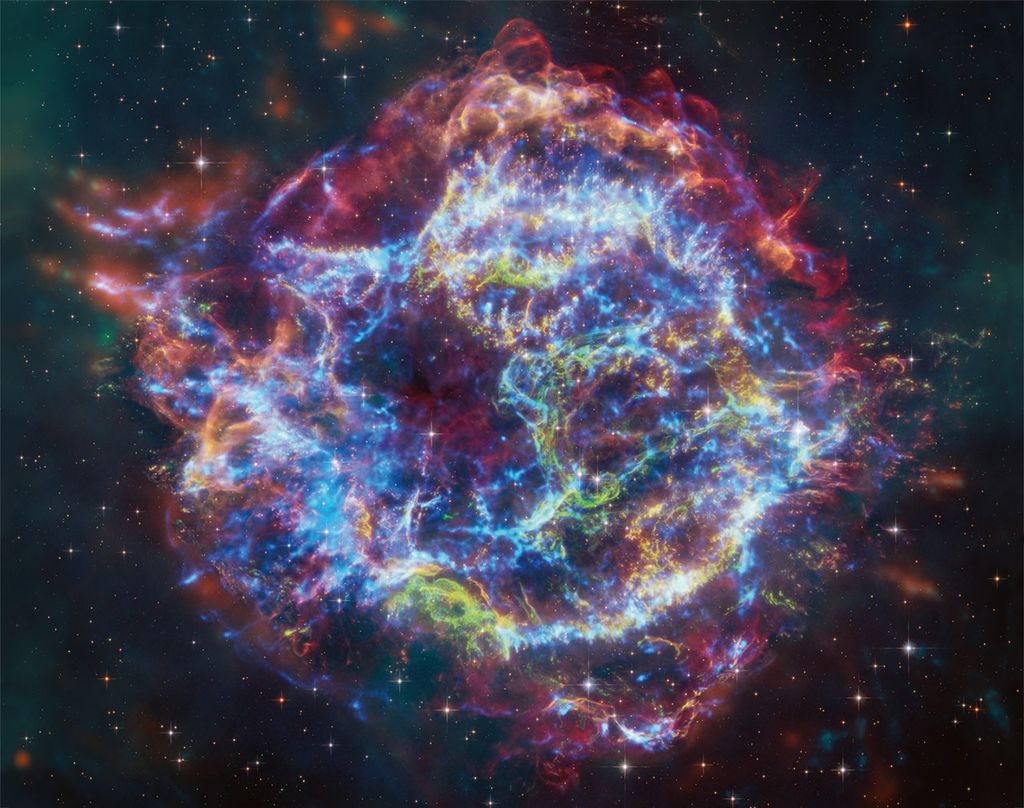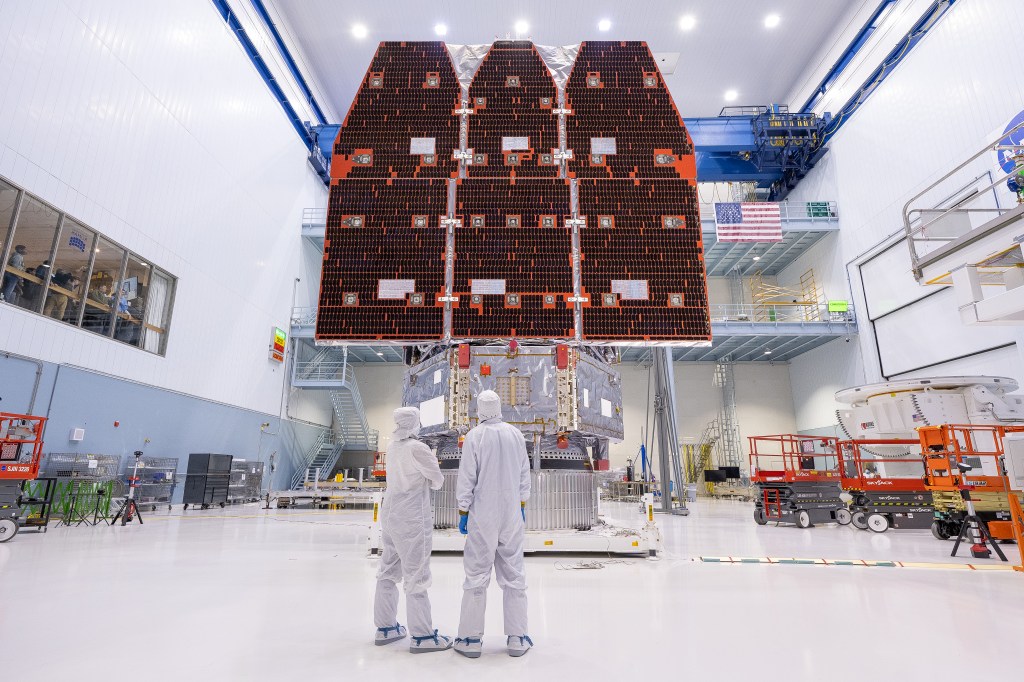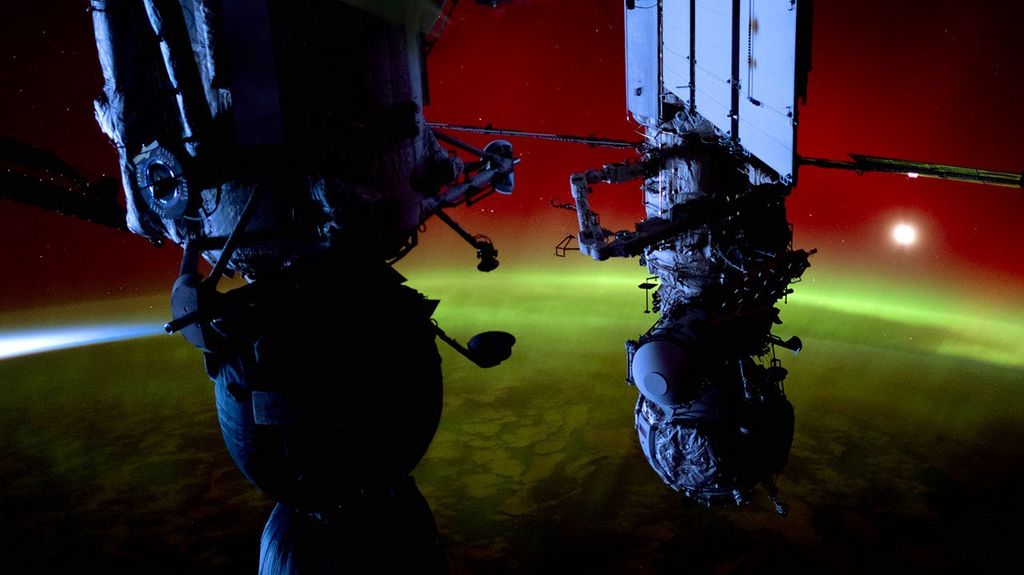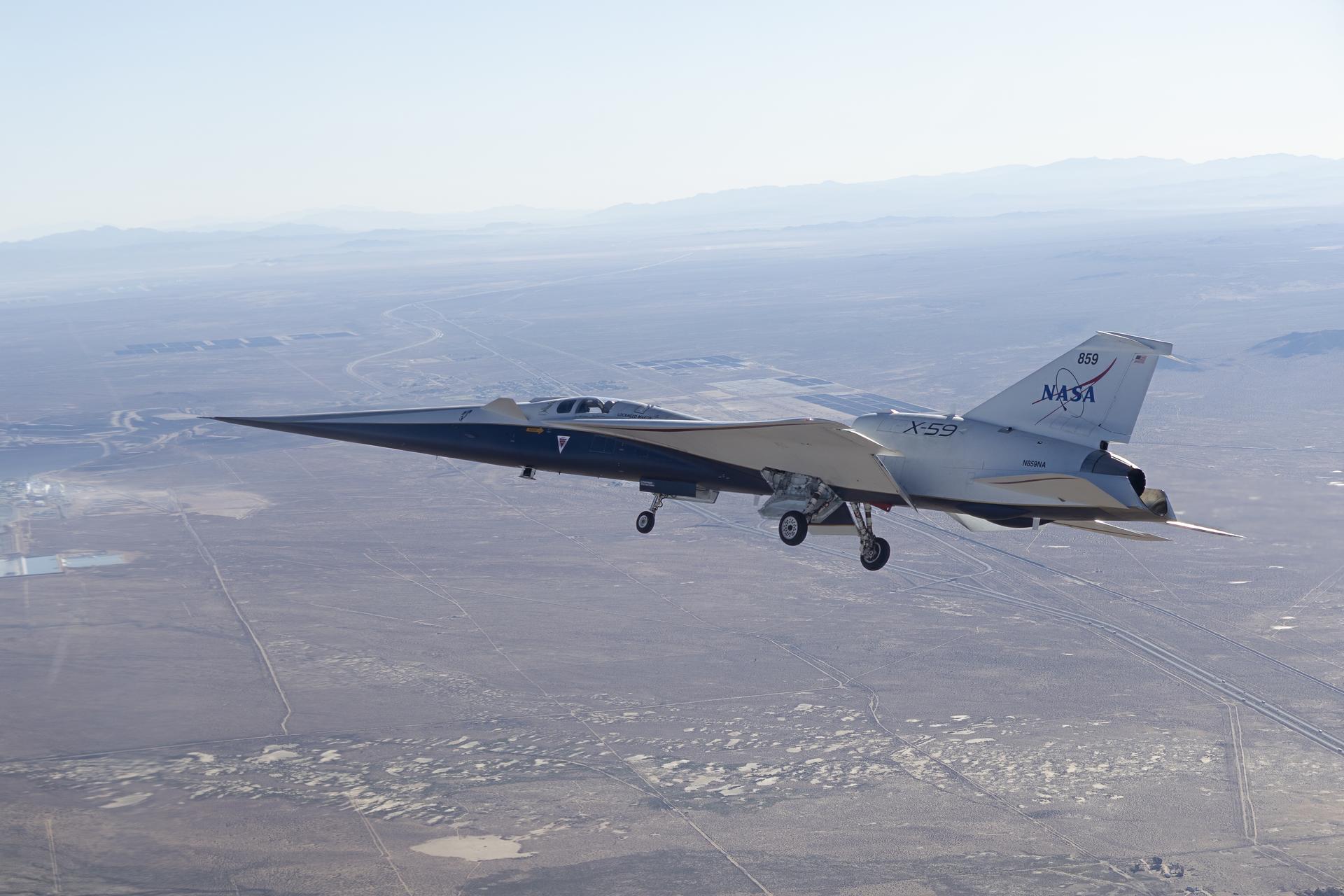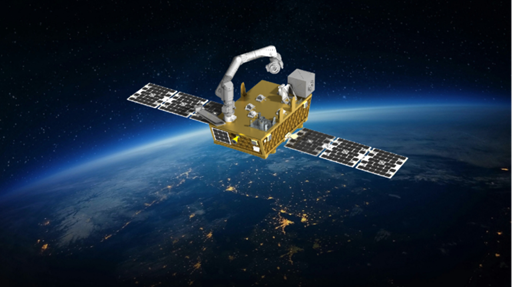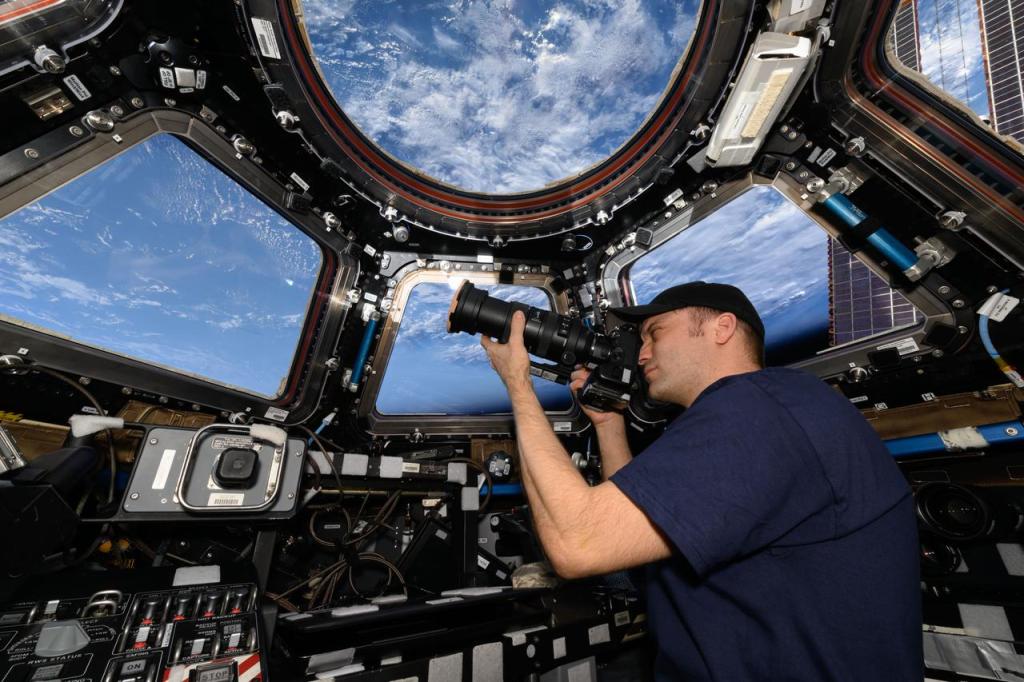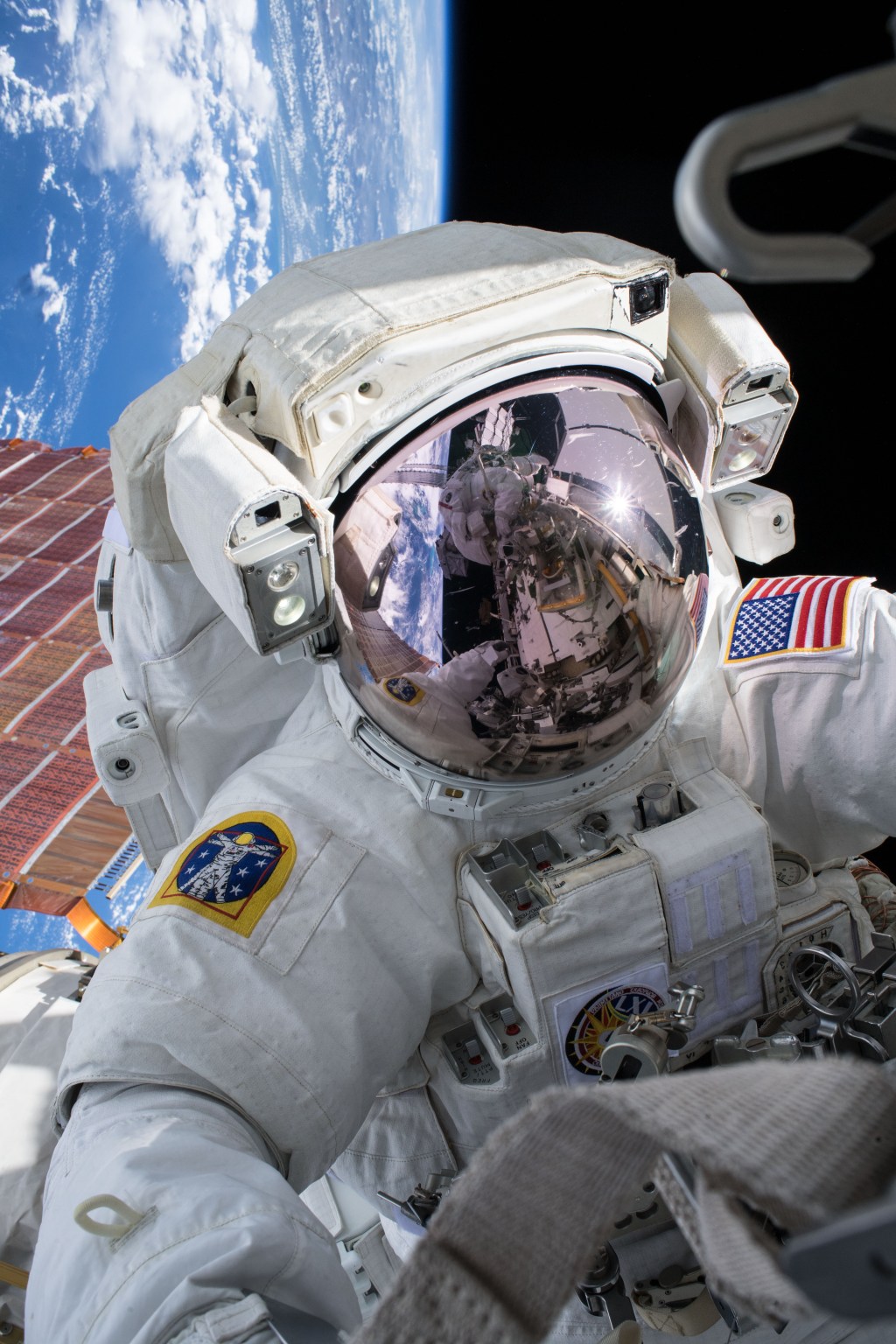Physical Oceanography Program Projects
2022
Causal mechanisms of sea level and ocean heat content change on the Antarctic continental shelf
Ichiro Fukumori, JPL
Estimating Spatiotemporal Meridional Overturning Circulation Variability from Satellite Observations using Machine Learning
Andrew Stewart, UCLA
Higher-order statistics of geostrophic turbulence and internal waves
Albion Lawrence, Brandeis University
Revealing Sea Surface Salinity Variability in the 21st Century: Fingerprints of the Global Hydrological Cycle and Impacts on Upper Ocean Stratification and Ocean Dynamics
Janet Sprintall, Scripps
Quantifying Interannual Changes in Global Ocean Heat Uptake 2003-2025
Don Chambers, University of South Florida
Advanced understanding of 21st century ocean change using CMIP6/AR6 models and NASA observations
Jennifer Kay, University of Colorado
Antarctic Coastal Oceanography: Investigating iceberg-modulated icescape-ocean interactions, evolution, and impacts
Catherine Walker, WHOI
Estimating Heat and Freshwater Variability in Greenland's Fjords Over the Next Century
Josh Willis, JPL
Oceanic Pathways of Earth Energy Imbalance
Gael Forget, MIT
2020
Dynamic-Thermodynamic Upper Ocean Variability and Coral Reef Impact in the Western Tropical Pacific
Bo Qiu, University of Hawaii
An investigation of mechanisms that drive compounding connections between tropical cyclones and marine heatwaves in the coastal ocean
Brian Dzwonkowsk, University of South Alabama
Air-sea interaction and coupling at the ocean submesoscale
Jacob Wenegrat, University of Maryland
Response of the seasonal ice zone in the Southern Ocean to changes in the wind
John Marshall, MIT
Coupled dynamics of the North Equatorial Counter Current and the Intertropical Convergence Zone
Alexey Fedorov, Yale University
Diabatic versus adiabatic controls on the tropical Pacific cold tongue - an investigation from satellite data and two ECCO based ocean state estimates
Anna-Lena Deppenmeier, UCAR
Variability, trends, and spatial distribution of Pacific ocean heat content from large-scale satellite and in situ Observations
Donata Giglio, University of Colorado
Shelf/Deep-Ocean Interactions in the SW South Atlantic
Ricardo Matano, Oregon State University
2019
Routes of the upper limb of the global overturning circulation
Paola Cessi, Scripps
Using Ocean Surface Imagery to Estimate Atmospheric Boundary Layer Stability
Ralph Foster, University of Washington
Sensitivities and predictability of the North Atlantic Subpolar Gyre to atmospheric variability using ECCO, its adjoint, and observations
LuAnne Thompson, University of Washington
Sensitivities and predictability of the North Atlantic Subpolar Gyre to atmospheric variability using ECCO, its adjoint, and observations
Annette deCharon, Odysea LLC
Subsurface Ocean Cooling: Do Global Observations Detect the Remnants
Geoffrey Gebbie, WHOI
Advancing Knowledge of the Arctic/Sub-Arctic Freshwater Cycle and its Impacts on North Atlantic Ocean Circulation
Thomas Haine, John Hopkins University
Surface wave impact on Ka-band Doppler scatterometry
Semyon Grodsky, University of Maryland
Investigating Atlantic Meridional Overturning Circulation connectivity using satellite, float, and mooring Observations
Isabela Le Bras, WHOI
2018
Is there a Southern Ocean-Tropical Pacific feedback?
Ivana Cerovecki, Scripps
Exploring Mixing in the Thermocline in the Context of Satellite Winds and Currents
Caitlin Whalen, University of Washington
Three-dimensional observational estimates of mesoscale eddy kinetic energy in the energetics of the climate system
Alison Gray, University of Washington
West Pacific Warm Pool: Understanding the Physics of Annual Cycle, Interannual to Decadal Variability, and Warming Trend with ECCO Ocean State Estimate
Vikram Mehta, CRCES
Remotely Sensing Overturning Circulation Variability in the Southern Ocean
Andrew Stewart, UCLA
Effects of Mesoscale Oceanic Variability on Mixed Layer Heat and Salt Budgets, Transports, and Lateral Mixing
Tong Lee, JPL
Phase-Delay Altimetry from Reflected GNSS Signals for Resolving Mesoscale Ocean Circulation Features
R. Steven Nerem, University of Colorado
Concept Exploration and Uncertainty Quantification for a Future Ocean Surface State Measurement Mission
Shannon Brown, JPL
Mesoscale Upper-Ocean Vertical Velocity
Dudley Chelton, Oregon State University
Variational Retrieval of Atmospheric and Surface Meteorology for Ocean Surface Fluxes
Jason Brent Roberts, Marshall Space Flight Center
Quantifying Southern Ocean eddy interactions with sea ice using satellite data and models
Laurence Padman, ESR
Relating SSHA-derived Eddy Diffusivity to In-situ Estimates from Microstructure and ECCO
Deepak Cherian, UCAR
2017
Tidal Mixing Signatures in Satellite Sea Surface Temperature
Raden Dwi Susanto, University of Maryland
Determining the Global Geography, Seasonality, and Impact of Submesoscale Density Fronts
Caitlin Whalen, University of Washington
Remote Sensing of Surface Currents and Winds
Ernesto Rodriguez, JPL
Causal Mechanisms of Large-Scale Ocean Climate Variability
Ichiro Fukumori, JPL
Global Internal Tide-Driven Ocean Mixing: Geography and Budget
Zhongxiang Zhao, University of Washington
Oceanic transport of meltwater in the Labrador Sea
Renato Castelao, University of Georgia
The Mesoscale Coupling to the General Circulation
Hussein Aluie, University of Rochester
New insight on ocean mixing gained from high resolution air-sea heat flux products and climate models
Richard Small, UCAR
Exploring the ability of thermo-fluorescent dyes to probe the near surface ocean structure
Peter Minnett, University of Miami
Combining coastal altimetry and in situ observations to improve Meridional Overturning Circulation estimates in the South Atlantic
Matthieu Le Henaff, University of Miami
Evaluating the Relationship Between Satellite-derived Momentum and Heat Fluxes and Observed Upper Ocean Mixing
Carol Anne Clayson, WHOI
Thermodynamics and hydrodynamics of Northern Indian Ocean as related to monsoon
W. Timothy Liu, JPL
2016
An Investigation of Ocean Surface Wave Spectra for Satellite Applications
William Plant, University of Washington
New Techniques for Resolving Fine-Scale Coupling Between the Ocean and Atmosphere Using Global Ocean Radar Backscatter Data
Ralph Foster, University of Washington
Continued Production of Air-Sea Essential Climate Variables (AS-ECV) from the GPM Microwave Imager (GMI)
Frank Wentz, RSS
A Tomographic Observing Network of Global Ocean Changes
Zhongxiang Zhao, University of Washington
Assessing the ability of CYGNSS to provide SSH data suitable for mesoscale process studies
Cinzia Zuffada, JPL
Investigation of Leeuwin Current and Southern Indian Ocean Variability
Toshiaki Shinoda, Texas A&M
Interplay between westerly and easterly wind bursts, and extreme El Niño events: from the synthesis of satellite observations to data-informed model experiments
Alexey Fedorov, Yale University
Upwelling and Cross-Shelf Exchanges in the SW Atlantic
Ricardo Matano, Oregon State University
Diagnosing mechanisms of the ocean eddy heat and salt transport variability from satellite and in-situ observations
Oleg Melnichenko, University of Hawaii
Changes in the subpolar North Atlantic: from the 1990s salinification to the 2015 cold blob
Nadya Vinogradova-Shiffer, Cambridge Climate Institute
Dynamics and Transport of Mesoscale Eddies
Jeffrey Early, NWRA

